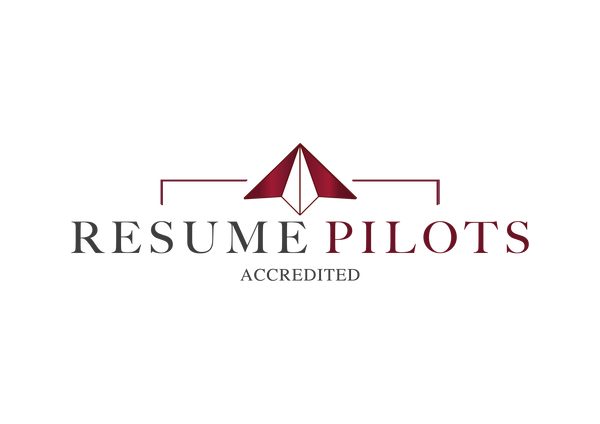
7 Cover Letter Mistakes Recruiters Hate To See: Expert Tips
Why You Should Include a Cover Letter & Critical Mistakes to Avoid
Clients often ask us if cover letters are even required anymore in today’s online recruiting environment, as they are often listed as “optional” on applications.
We strongly recommend including one for any position that you are seriously pursuing.
If you want the job badly enough, it's non-negotiable.
When done right, a cover letter can be the deciding factor on whether you land an interview – especially if you are applying for a role that is a bit of a stretch.
Think of the cover letter as your opportunity to personally make your case as to why you are the ideal candidate for the role.
Cover letter writing is a subtle art.
If you don't put time and attention into tailoring your letter for a specific position, you're better off not including one at all.
Make sure to avoid these common cover letter issues:
1) Not including a cover letter at all
We strongly advise submitting a custom cover letter for each position you apply for, as it allows you to accomplish the following goals:
- Demonstrate genuine interest
A cover letter shows that you are genuinely interested in the position and sets you apart from candidates who did not include one.
- Elaborate on relevant experience
A cover letter allows you to elaborate on selected points mentioned on your resume that are particularly important for the role.
- Provide additional information
A cover letter gives you the opportunity to provide additional information not included on your resume such as why you have a gap in employment or that you will be in town for a potential interview next month.
2) Regurgitating information from your resume
Never simply restate what you have already written on your resume.
Instead, you should use your cover letter to expand on bullet points in your resume and add additional information.
When crafting your cover letter, consider these questions:
- How can you go above and beyond the factual information already on your resume and tell the backstory behind how your accomplishments and projects came to fruition?
- Can you add further detail on specific projects or initiatives you worked on?
- Can you elaborate on the impact of the projects or initiatives that you helped implement? How did the organization benefit from your work moving forward?
3) Sending the same cover letter for each position
Your cover letter should specifically make your case for why you would be a good fit for this particular role, team, and company.
Sometimes it’s okay to send the same resume for multiple applications.
If you are applying for similar jobs in the same industry, it's probably fine to use the same resume, with a few tweaks here and there.
Not so with the cover letter.
By sending a carefully tailored cover letter, you convey that you are seriously considering the role made the effort to do your research!
4) Not tying your experiences into the job description
The objective of the cover letter is to elaborate on:
1) How you are a great fit for the role
2) Why you will succeed should you land the job
As such, you need to provide examples of what you have accomplished.
Make sure to choose examples that relate as closely as possible to the requirements listed on the job description.
Then, weave the two elements together.
For example:
“In my current role, I built models to create 10-year pro forma financial projections in Excel, and I will be able to apply these skills to also create models that drive efficiency and decision making for your company.”
5) Keeping the focus on you – not the company
The cover letter should focus on explaining the value you will bring to the organization – not what you expect to get from them:
- Don’t focus on you: “I look forward to learning more about the industry” or “I am excited for the opportunity to build my skills.”
- Focus on them: “I look forward to applying my sales skills that I demonstrated in my previous role to quickly start adding value to your firm.”
6) Forgetting to edit
Believe it or not, companies regularly receive generic cover letters addressed to, well, another company.
This careless mistake can instantly crush your chances.
Ensure that you:
- Keep your cover letters organized in a folder and name each file with the specific company name. In this way, you’ll minimize your chances of making this all-too-common error.
- Double-check your cover letter: Is it addressed to the correct person – correct title – correct company – correct job – correct address? Is it one page in length?
7) Not doing your research
Make sure you thoroughly understand the position you are applying for.
If you know you will be reporting into a certain VP, try to look them up on LinkedIn.
If you're able to find out their name, address the cover letter directly to them.
The more specific information you include, the more you will stand out.
Next Steps
You'll see better results by applying to fewer positions and tailoring your resume and cover letter to each role than you will by quickly sending out dozens of generic applications.
If you're not sure where to start, check out our guide to writing cover letters and cover letter template.
You can also take a look at this sales and marketing cover letter sample.
To find out more, visit our website www.resumepilots.com. If you have any further questions, you can either book a consultation call with one of our team, or get in touch via email on team@resumepilots.com

